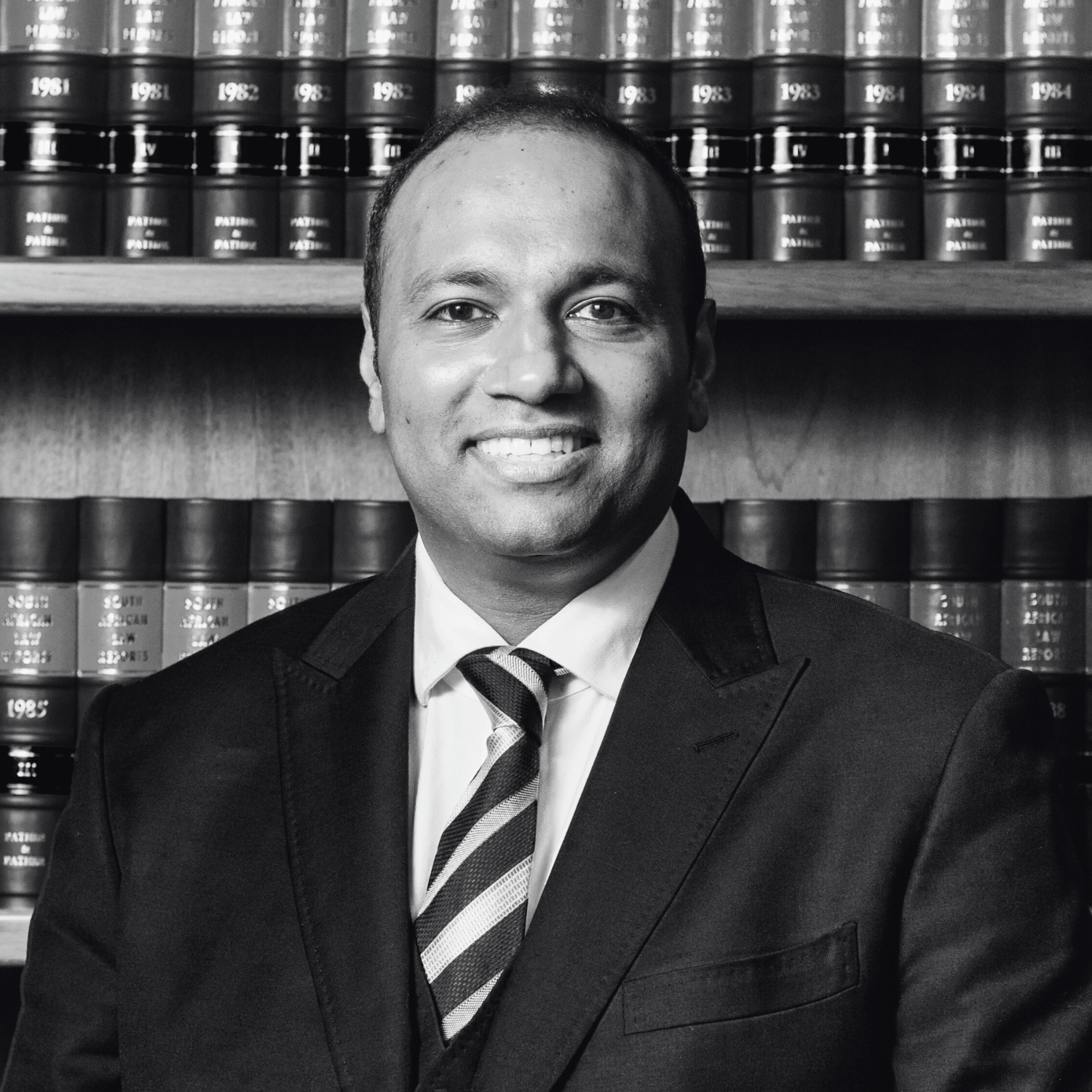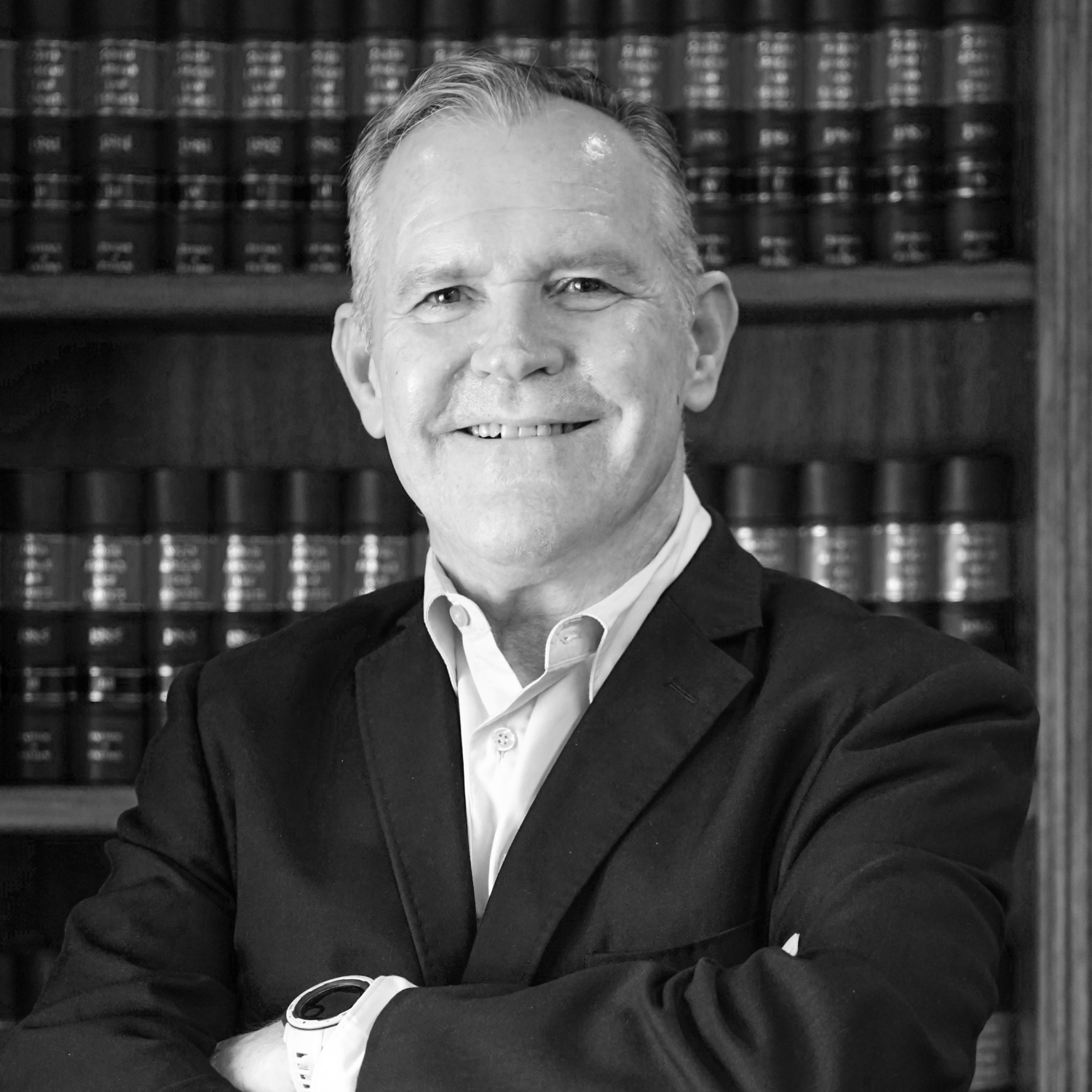ALL TRUSTEES ARE REQUIRED TO CREATE A TRUST REGISTER BY 1 APRIL 2023
The General Laws (Anti Money Laundering and Combating Terrorism Funding) Amendment Act was assented to by the President in December 2022. This was part of South Africa’s efforts to combat the country’s grey listing status. These amendments introduce a new definition of a ‘beneficial owner’ into the Trust Property Control Act No. 57 of 1988 (“the Act”), as well as obligations on trustees to maintain registers of beneficial ownership and to record details of accountable institutions.
The effective date of this requirement was recently announced to be 1 April 2023. The information to be recorded in the register includes:
- Details of each “beneficial owner” of the trust (essentially those persons who may benefit from the trust but also the founder and all trustees) including their names, identity numbers, addresses, contact details and the basis on which they are beneficial owners (together with a certified copy of an identity documentation confirming their identity);
- Details of any “accountable institutions” (as defined in the Financial Intelligence Centre Act which includes attorneys, accountants, trust companies, banks, investment advisors and other financial institutions and financial services providers) which transact with the trust including the name and registration number of each accountable institution, details of the functions it performs or services it provides and the date on which the relationship was entered into between the trust and the accountable institution.
What is a beneficial owner?
- The new definition of a beneficial owner covers the following persons:
- a natural person who directly or indirectly ultimately owns the relevant trust property;
- a natural person who exercises effective control of the administration of the trust arrangements that are established pursuant to a trust instrument;
- each founder of the trust;
- each trustee of the trust;
- each beneficiary referred to by name in the trust instrument or other founding instrument in terms of which the trust is created.
What is concerning in respect of this new definition is that it is contrary to the fundamental trust concept whereby ownership and control is separate to benefit and enjoyment.
Register of beneficial ownership
In terms of Section 11A of the Act, a trustee must:
- establish and record the beneficial ownership of the trust;
- keep a record of the prescribed information relating to the beneficial owners of the trust;
- lodge a register of the prescribed information on the beneficial owners of the trust with the office of the Master of the High Court where the trust is registered;
- ensure that the prescribed information above is kept up to date.
When maintaining the register of beneficial ownership, the prescribed information to be recorded is:
- the full names, date of birth and nationality of each beneficial owner
- an official identification document number, indicating the type of document and the country of issue
- residential address, if different from residential address, the beneficial owner’s address for service of notices
- other means of contact
- the grounds on which the person is a beneficial owner of the trust
- the date on which the person became a beneficial owner of the trust; and
- where applicable, the date on which the person ceased to be a beneficial owner of the trust.
A trustee must also retain a certified copy of an official identification document of each identified beneficial owner of the trust.
Accountable institutions
Section 11(1)(e) of the Act prescribes that a trustee shall record the prescribed details relating to accountable institutions which the trustee uses as agents to perform any of the trustee’s functions relating to trust property, and from which the trustee obtains any services in respect of the trustee’s functions relating to trust property. The term “accountable institution” is defined as a person or organisation referred to in Schedule 1 of the FIC Act that carries out business of any entity listed.
What is the repercussion of non-compliance?
The newly proposed amendments to section 19 of the Act state that a trustee who fails to comply with the obligations related to the register of beneficial owners or record of accountable institutions commits an offence and on conviction is liable to a fine not exceeding R10 million, or imprisonment for a period not exceeding five years, or to both such fine and imprisonment.
What can trustees do?
Legacy Fiduciary Services have prepared a Guide to the Trust Register as well as a schedule in which you can capture the information required to prepare your own register. A copy of the guide and register is attached.


































